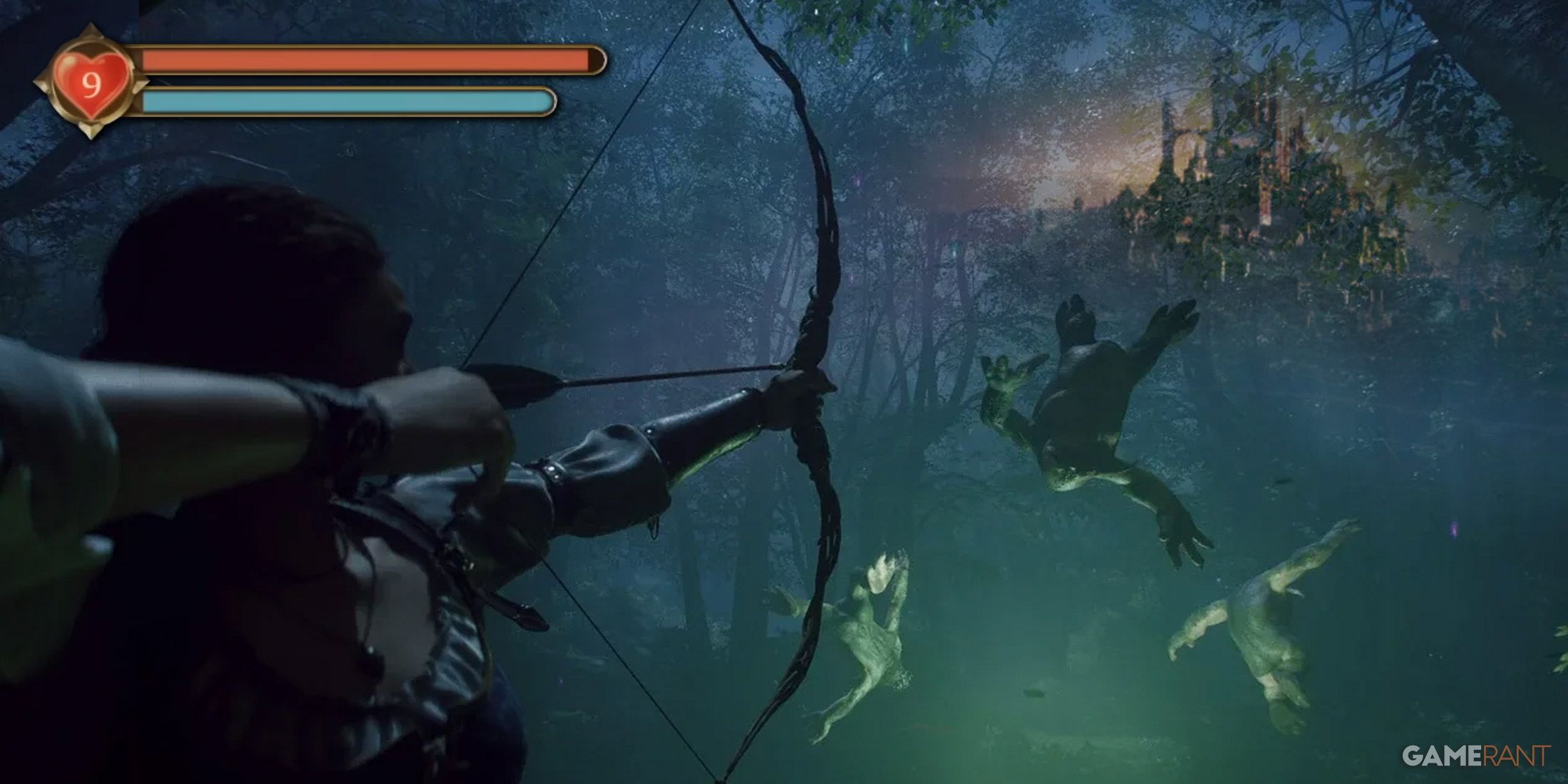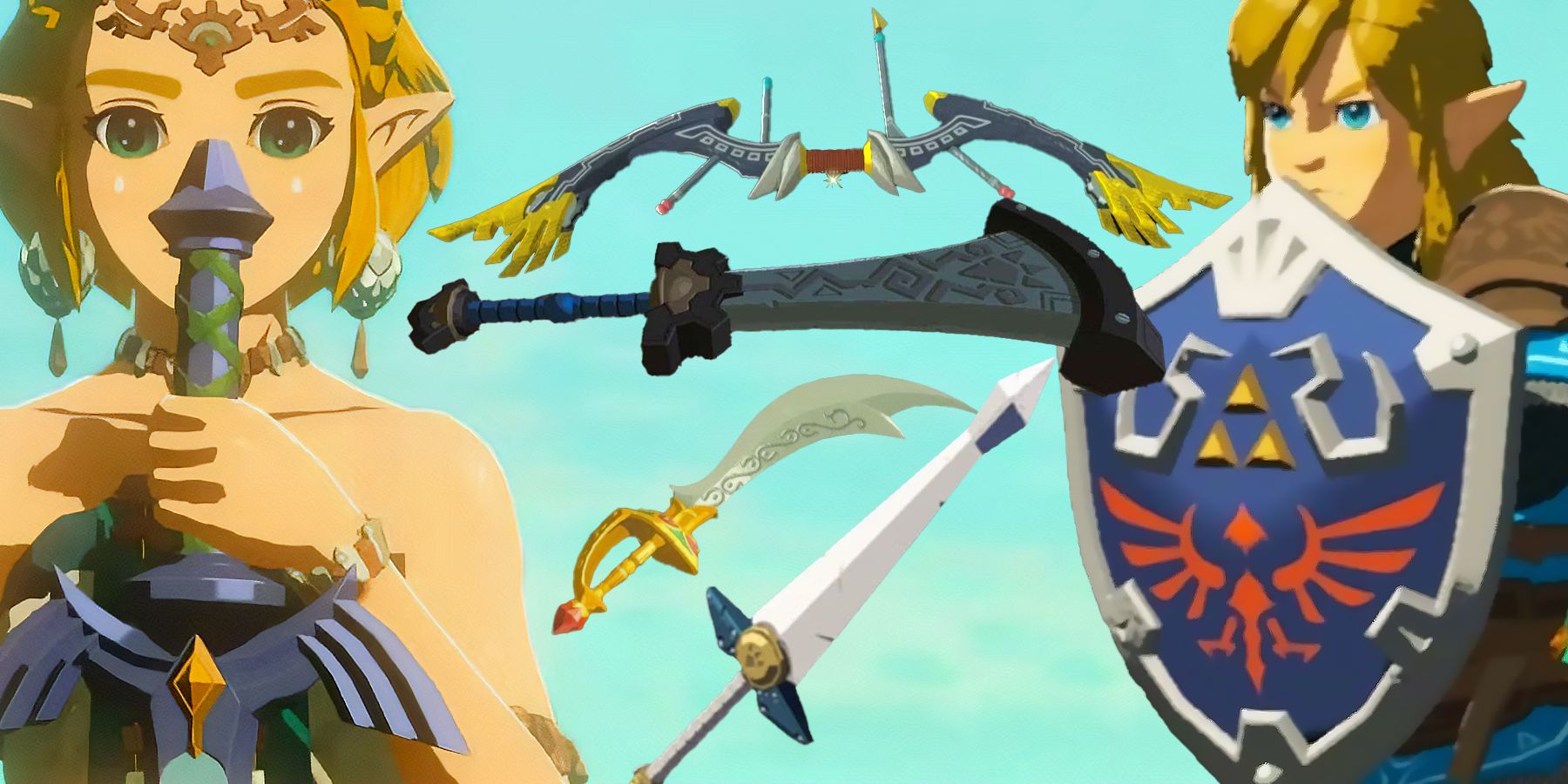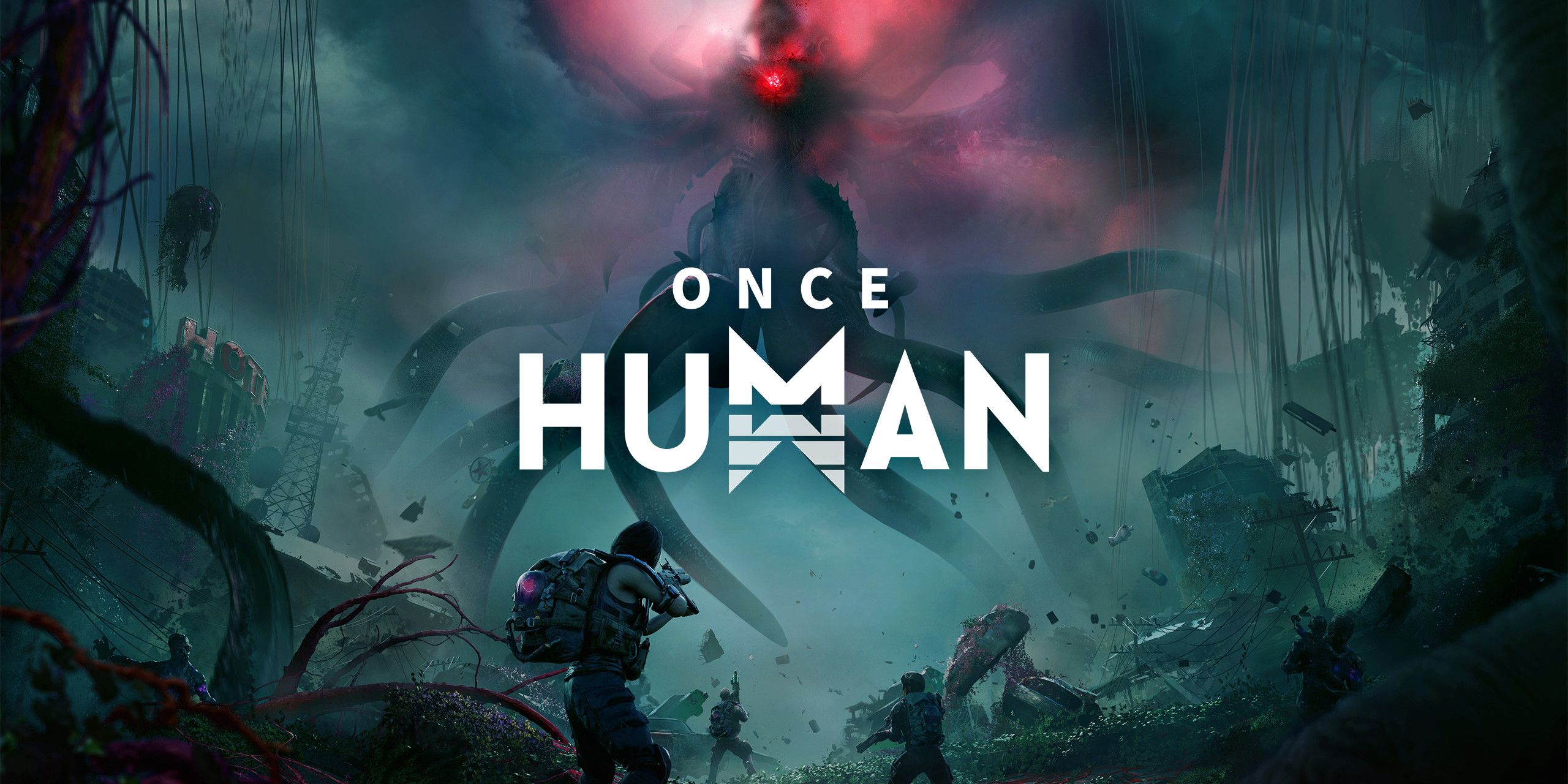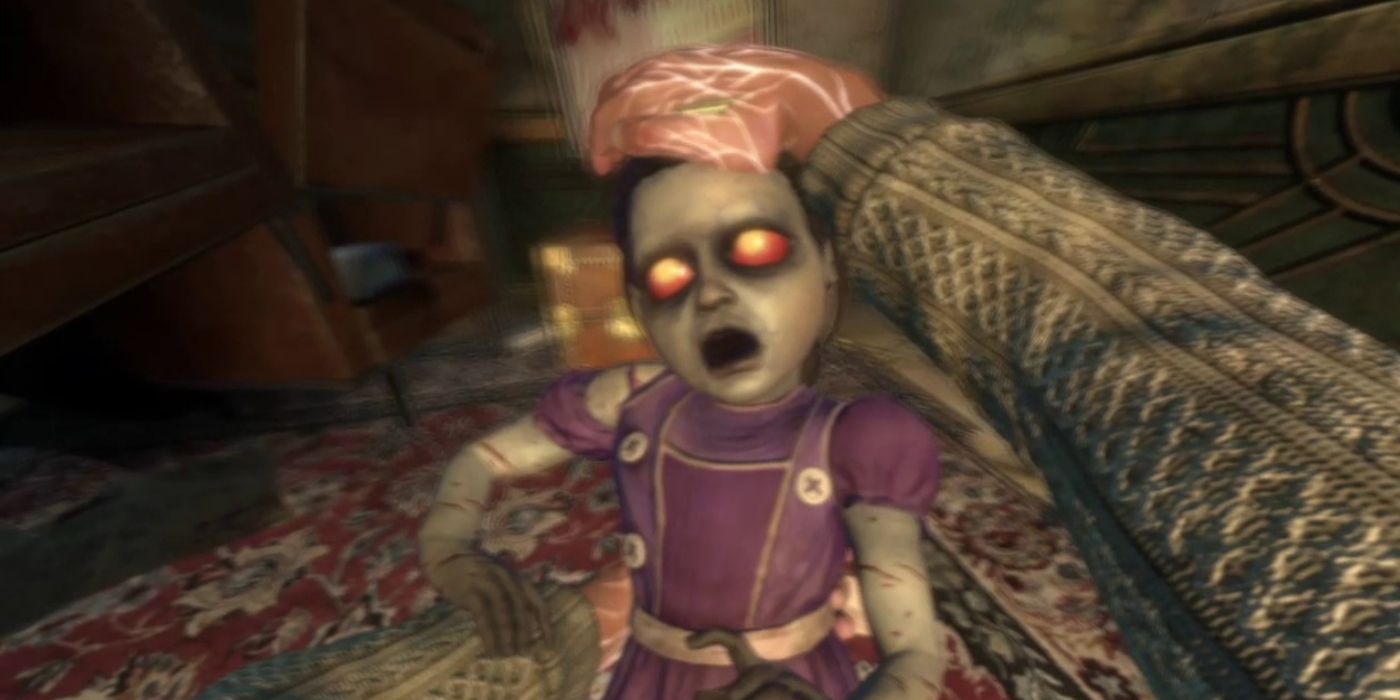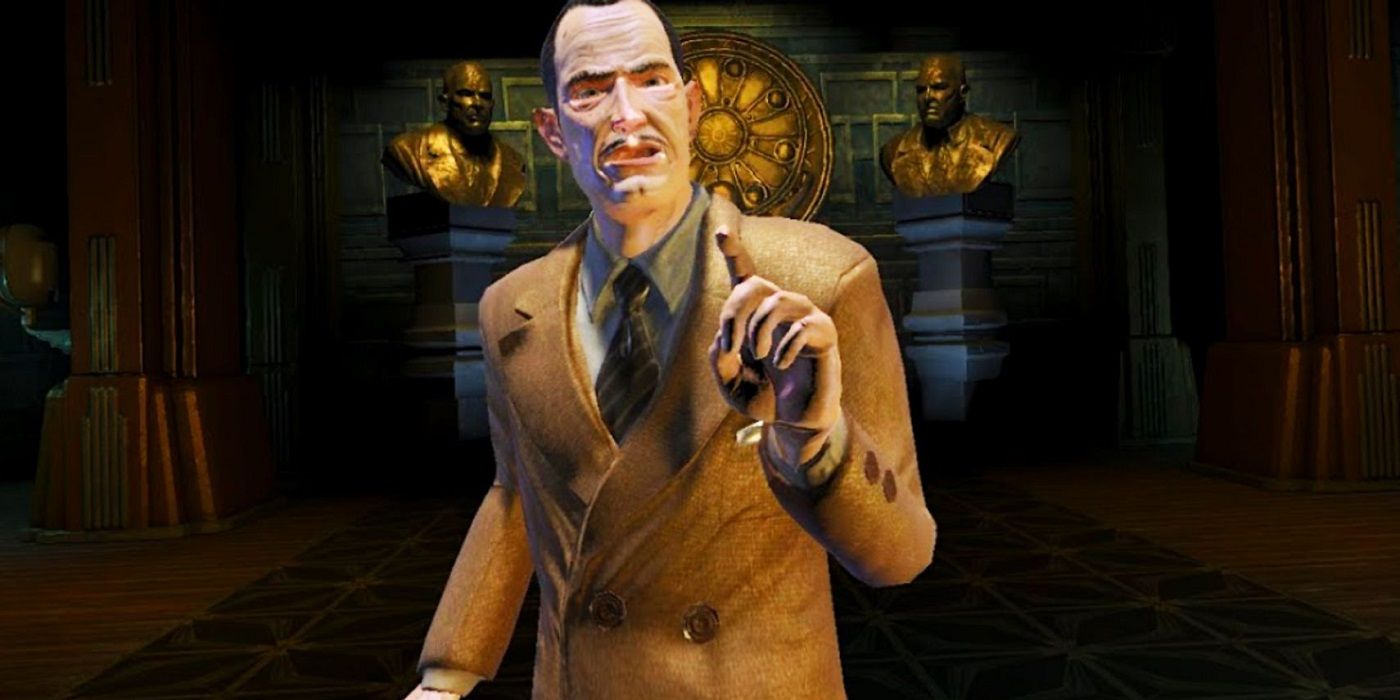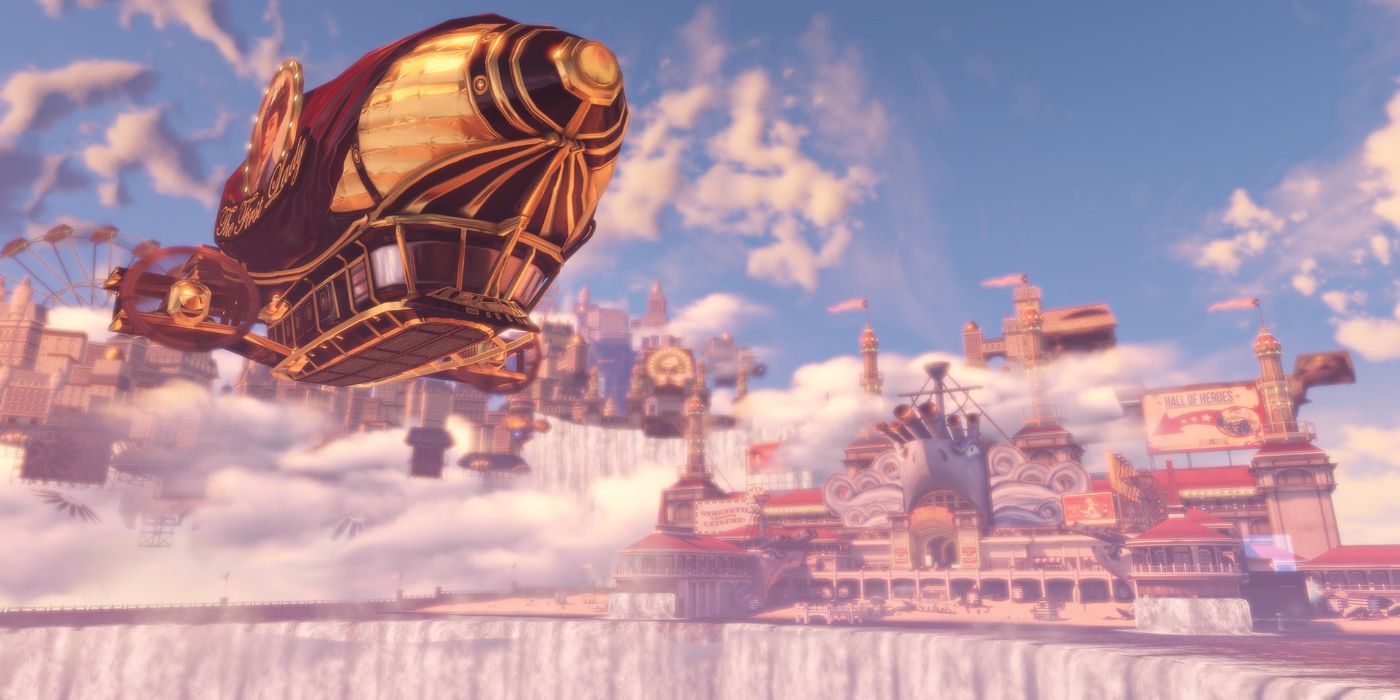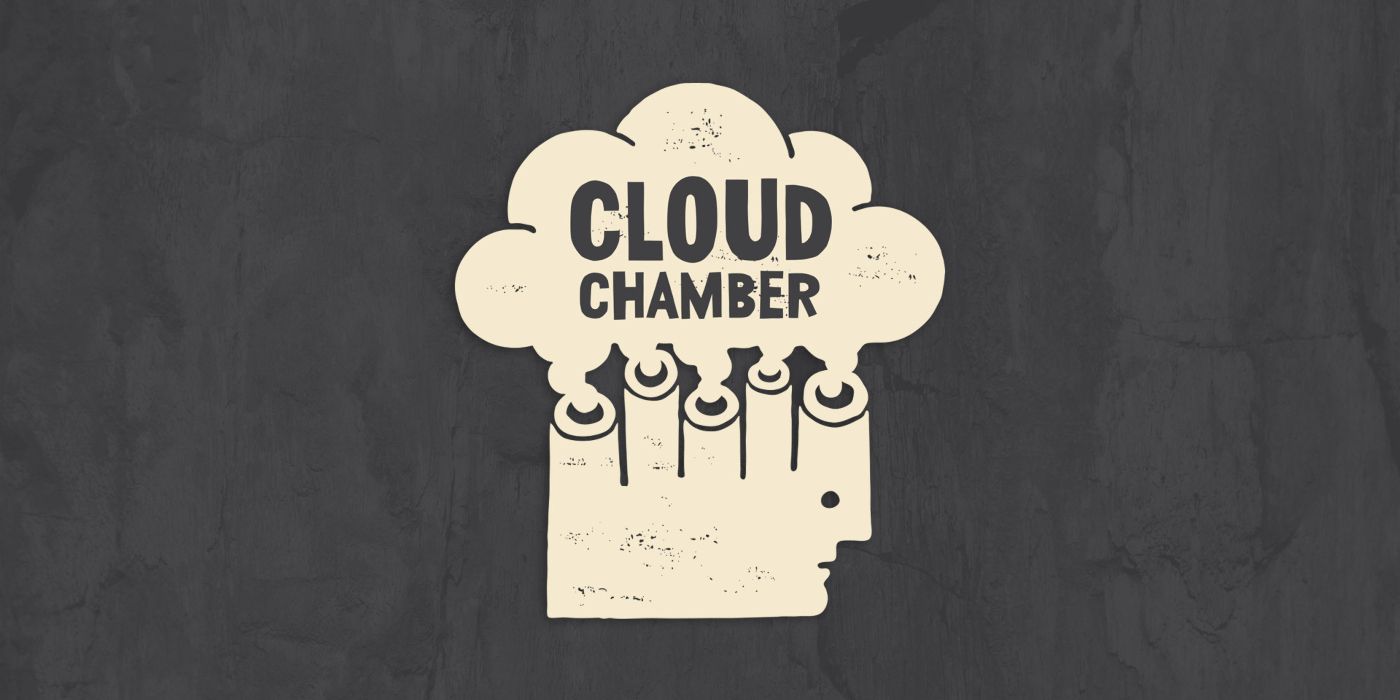If the job listings on new developer Cloud Chamber's website are to be believed, BioShock 4 will see the series integrate far more RPG features than the previous games. A listing for the role of Systems Designer requested experience designing an "emergent sandbox world," while one for the position of Senior Voice Designer sought applicants with experience creating branching dialogue systems for other games.
BioShock has never held back with its philosophical and political commentary, so BioShock 4 is unlikely to buck that trend. However, if the next game really does include branching dialogue and a more open, sandbox world as the Cloud Chamber job listings suggest, it could flip one key part of the franchise's philosophy on its head.
Free Will In BioShock
"A man chooses, a slave obeys." When Rapture's founder Andrew Ryan speaks this line in the first BioShock, the player is left with no doubt as to which side of the fence they fall on. It's a line spoken during the reveal that the player character has been under the influence of mind control throughout the game so far, activated by the infamous phrase "would you kindly." This may be one of the most memorable times BioShock addresses the player's free will, but it's far from the only one.
BioShock 1's commentary on free will isn't as simple as its twist might imply. Jack, the first game's protagonist, does have one major choice he can make throughout the story - saving or harvesting the Little Sisters. Although this choice changes some details of the game's ending, Jack's overall lack of control over his life and actions is without a doubt. Jack was grown in a lab by Fontaine Futuristics, on his right wrist is a tattoo of three chain links. Even his one main choice in the game is contextualized within his unwilling role as a pawn in the battle between Ryan and Frank Fontaine that he doesn't even know is taking place for most of the game.
Jack's lack of self-determination goes under the radar up until the twist by taking advantage of the player's own suspension of disbelief - their willingness to simply follow orders, not from Atlas, but from the game objectives themselves. The lack of choice players have in what is ostensibly an interactive medium becomes a key part of BioShock's story, and something the proposed BioShock movie would likely have struggled to emulate.
Free Will In BioShock Infinite
Booker DeWitt isn't exactly a "slave" like Jack, but BioShock Infinite explores questions about his free will as well. "There's always a lighthouse, there's always a man, there's always a city," says Elizabeth when explaining the multiverse. Not only does this undermine any choice Booker might make in a single reality, but it also implies that he's just another version of Jack.
Throughout Infinite, Booker's choices are shown to have little impact. Whether or not Booker gives Elizabeth the bird or cage brooch has almost no effect on events, for example. Infinite even flirts with determinism, particularly when the Lutece twins ask Booker to call a coin toss, which it turns out has landed on heads dozens of times in a row. As with the first game, BioShock Infinite isn't willing to fully commit to the idea that Booker lacks free will. However, the existence of the multiverse is shown to render many of the choices Booker makes irrelevant in the broader scheme of things.
The multiverse makes Booker De Witt's freedom even more complicated. In one sense, he makes every possible choice simultaneously. There are realities where he is baptized and becomes Zachary Comstock, and others where he is not. In some realities he is a Vox Populi leader taking part in a revolution against himself. With every choice being made in different realities, it could be argued that Booker doesn't have the ability to make any choices at all, especially when the different realities begin to interact.
However the player interprets BioShock 1 and Infinite's commentaries on free will, one thing is clear. Both games take a restriction of their medium - the player's ultimate lack of true freedom despite the medium's interactivity - and instead of accepting it as a limitation turn it into a commentary on choice.
Free Will In BioShock 4
If BioShock 4 has a more open world and a branching dialogue system, players could be presented with choices all of the time in a way that completely departs from the series so far. It could be very interesting to see a BioShock game which tackles the topic of free will just like the previous installments in the series, but which has to factor in the player having far more freedom of choice within the game's mechanics.
Previous BioShock games have used the linear nature of their narratives to comment on their protagonist's freedom, so a BioShock game with a far less linear narrative could flip the series' perspective on its head. However, that doesn't necessarily mean that it won't arrive at the same conclusions. No matter how many choices the player is given in BioShock 4, they still won't have real freedom. Those choices and their outcomes will still be set in advance by Cloud Chamber, and even if BioShock 4 still gives the player more choices to make than previous games, those choices will still be limited.
BioShock 4 could use this to deepen its exploration of free will. It could explore how, even when given hundreds of choices, the player still has no control over the context of their decisions, or their ultimate consequences. The first game played on the fact that players would not question the objectives the game was setting for them. BioShock 4 could play on their belief that the more choices their character has, the freer they are. Whether or not the game will choose to subvert this expectation remains to be seen, but BioShock 4's RPG turn doesn't necessarily have to contradict the series' exploration of freedom so far. Instead, it could take it even further by giving players more choices, while still ultimately showing that they aren't truly free.
BioShock 4 is in development.

